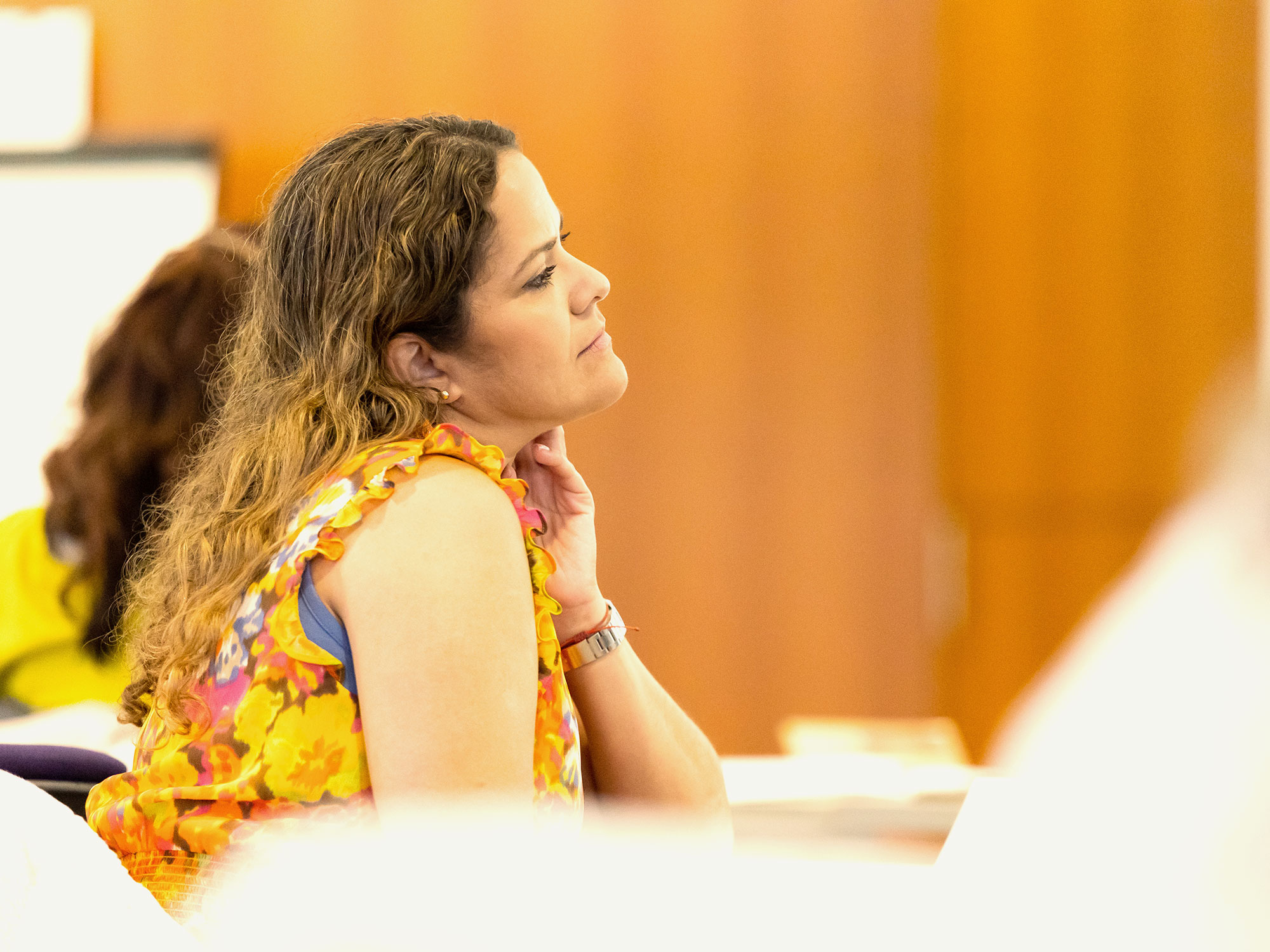Program Overview
Religion is a vital component of cultures past and present. Analyzing the role of religion in human culture is a productive way to develop a fuller understanding of key points in history and many pivotal debates in today’s world. The academic study of religion does not seek to either deny or verify the truth claims of any particular religion. Instead, scholars seek to comprehend the what, why, and how of religion as a cultural phenomenon.
In the religion graduate program, you’ll:
- Develop an understanding of the historical origins, central teachings, and devotional practices of the major religious traditions.
- Build knowledge of religion’s role in political, economic, and cultural life through historical, social, and cultural contexts.
- Receive training in critical thinking and scholarly analysis.
- Learn how to engage key primary and secondary materials in a way that allows you to offer your own scholarly interpretation of religious issues.
- Understand the key approaches that scholars have taken to study religious phenomena.
- Cultivate skills in expressing your ideas with precision, accountability and originality.
- Graduate with a Harvard University degree: Master of Liberal Arts (ALM) in Extension Studies in the field of Religion.
Courses
Through the religion program’s course curriculum, you’ll learn the rules of scholarly engagement and analysis. And you will learn how to make your own original contribution to the ongoing conversation of scholars who study the importance of religion.
Example Courses
- World Religions
- Enlightenment: Horizons of Human Potential and Flourishing
- Compassion, Science, and the Contemplative Arts
- Spiritual Lives of the Non-Religious
- Psychology and Religion in Historical Context
Stackable Certificate
As you work your way toward your master’s degree, you can take courses that also count — or “stack” — toward a Religions of the World graduate certificate. It’s a cost-effective, time-saving opportunity to build specialized skills and earn a second professional credential.
Admissions
The path to your degree begins before you apply to the program. You’ll earn your way in through our performance-based admissions, completing coursework for admission and earning credits toward your degree right away.
Next Start Term
You can enroll in your first admission course this summer or fall.
Course registration opens March 3 for summer and in mid-July for fall.
Featured Faculty
Our religion instructors bring a genuine passion for teaching, with students giving our faculty an average rating of 4.8 out of 5.
Chris Berlin
Instructor in Spiritual Counseling and Buddhist Ministry and Counselor to Buddhist Students, Harvard Divinity School
Ryuichi Abe
Reischauer Institute Professor of Japanese Religions, Department of East Asian Languages and Civilizations, Harvard University
David Carrasco
Neil L. Rudenstine Professor for the Study of Latin America, Harvard University
Career Opportunities & Alumni Outcomes
Alumni work in a variety of fields, including law, finance, theology, IT, research, and higher education. They have gone on to do PhD work at universities, including:
- George Mason University
- Georgetown University
- University of California at Los Angeles
Program Benefits
Experience a rigorous curriculum. 95% of recent graduates would recommend the program.
Access career advising and other services through Harvard’s Mignone Center for Career Success.
Explore paid research opportunities through the Faculty Aide Program.
Complete an in-depth thesis or capstone project.
Become a member of the worldwide Harvard Alumni Association (400,000+ members) and Harvard Extension Alumni Association (29,000+ members).
Tuition & Financial Aid
Learn more about the cost of attendance.
